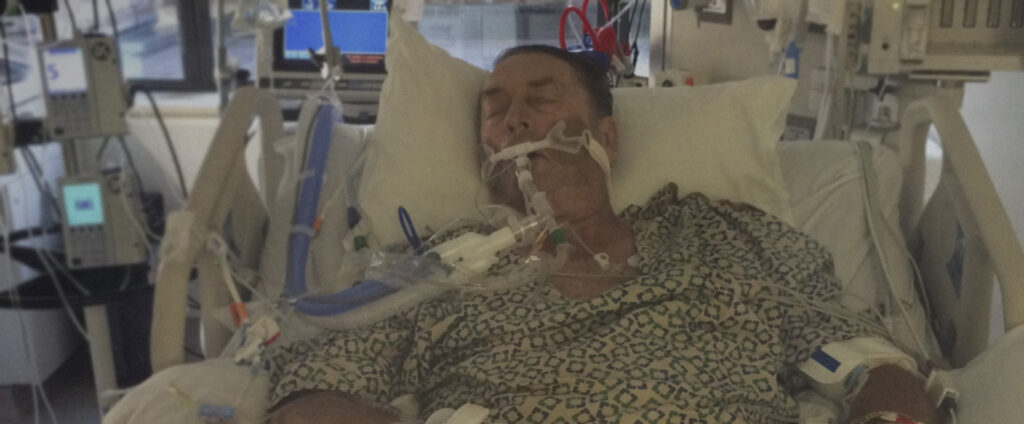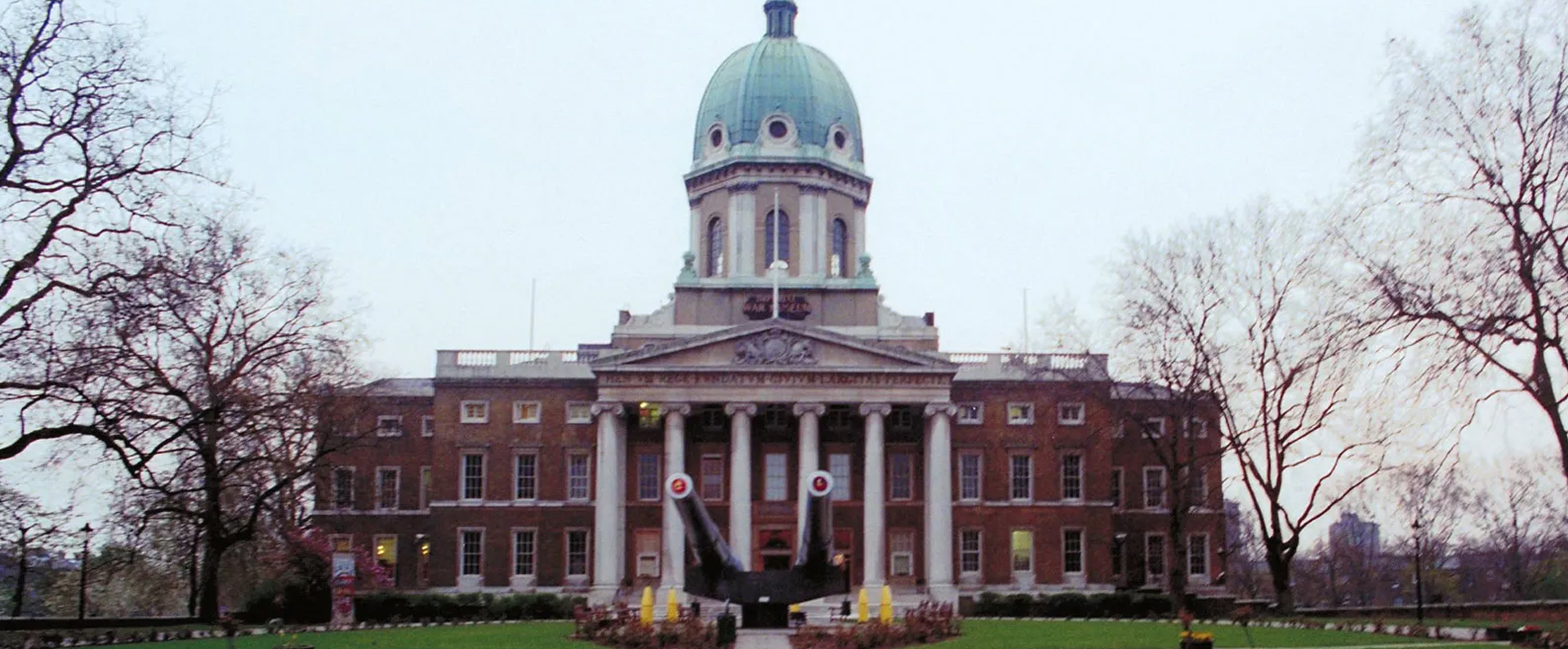
Published in The Mirror on 08 April 2017.
Speaking to Grace Macskill, Lord Ashcroft tells how he’s vowed to match charity donations up to £250,000 to raise awareness of the condition that nearly took his life.
This week I pledged to give away up to £250,000 of my fortune to help to save lives.
I have promised to match every penny raised towards awareness of the life-threatening condition sepsis.
It claims an estimated 44,000 British lives each year but the most frightening thing about it is that it can strike anyone at any time – as I found out in September 2015 when it almost killed me.
I was in Gallipoli, Turkey, visiting sites of great First World War battles in my role as trustee of the Imperial War Museums when I started to feel ill.
I vomited uncontrollably for almost an hour and a doctor prescribed pills to settle my stomach. I still felt ill next day but put it down to food poisoning and flew to the Turks and Caicos Islands in the Caribbean for a business meeting.
There, at a private clinic, I was diagnosed with sepsis, which arises when the body’s response to infection causes it to attack its own tissues and organs.
Doctors told me I was in septic shock but at that point I didn’t understand the enormity of it – that some vital organs were starting to close down.
Even when I was medevaced to the Cleveland Clinic in Ohio, USA, I felt no sense of alarm and walked off the plane into an ambulance.
Naively, I thought I would be in hospital for a couple of days.
It was only when eight doctors surrounded my bed and five cannulas were inserted – two in each arm and one in my neck – that I started to think the situation must be quite serious.
I had no idea my blood pressure was dangerously low and my liver and kidneys were perilously close to shutting down.
I was taken to intensive care and for 19 days it was touch and go whether I lived.
As I slipped in and out of consciousness, I shivered uncontrollably, had internal bleeding and underwent an operation for a lesion on a stomach artery. I was bloated by fluid retention and my hair came out in clumps.
My heart rate was so erratic it was believed at one point I was suffering a heart attack.
I asked that my three grown-up children and my grandchildren stay away. I was in good hands and knew if I saw their emotion I would get upset that they were upset.
So I sent them messages: Heartfelt notes because I knew I might die.
I’m a keen philanthropist and in 2013 I pledged to commit at least half my wealth to charitable causes, either during my lifetime or after death.
It preyed on my mind that some of the details of this undertaking had not been formalised and I called my PA to my bedside to write them down.
But I was one of the lucky ones. About a week after diagnosis, doctors took me off the danger list. But the road to recovery was not easy even after I left intensive care 12 days later.
My muscles were so wasted, I learned to walk again. My first steps were with a Zimmer frame. I’ve been readmitted to hospital three times, for blood clots on a lung, gall stones and gall bladder removal.
I’m deeply private but a month after developing sepsis, I had to make an announcement about my illness after I could not attend the launch of my book Call Me Dave: The unauthorised biography of former PM David Cameron.
Every time I read of someone dying of sepsis I feel horrified – tragedies like that of solicitor Lucinda Smith, 43, a mum from Essex, who died of sepsis after simply scratching her hand while gardening.
Sepsis can kill if not detected swiftly and treated with antibiotics, usually intravenously. It can be caused by a huge variety of bugs, mainly a common baceteria that is usually harmless.
I tell friends and family that if they remember one thing about symptoms of sepsis it’s this: If you feel ill and haven’t urinated in 12 hours, then call a doctor.
Sepsis affects more than 250,000 people in Britain every year and The UK Sepsis Trust trains health professionals and helps families who fall victim.
Quite simply, this vital work helps to save lives. That’s why I’m asking you, dear Sunday Mirror readers, to make a donation to the trust.
I promise to match every £1 you pledge with £1 of my own. Together we can make a difference.
Sepsis can initially look like flu, gastroenteritis or a chest infection. You should seek immediate medical help if you also develop anyof the following symptoms:
- Slurred speech
- Extreme shivering
- Not passing any urine in a day
- Severe breathlessness
- Feeling like ‘I might die’
- Mottled or discoloured skin.
Donate via justgiving.com/sepsisunited
And spread the word about the campaign on social media using the hashtag #Ashcroft4SepsisUnited
Read this article on:
Mirror.co.uk


